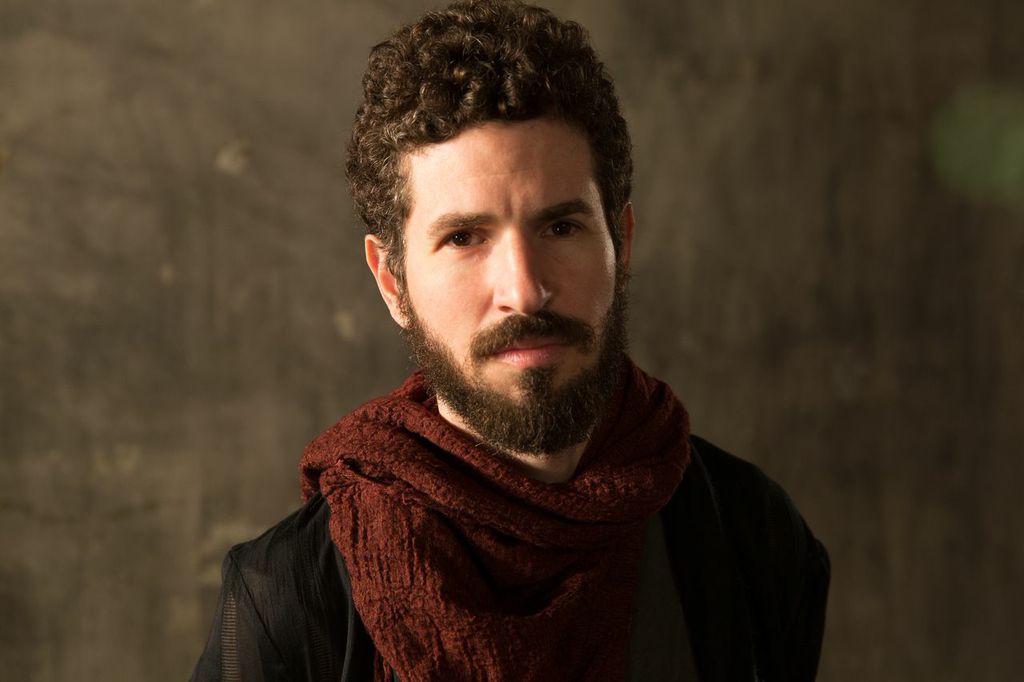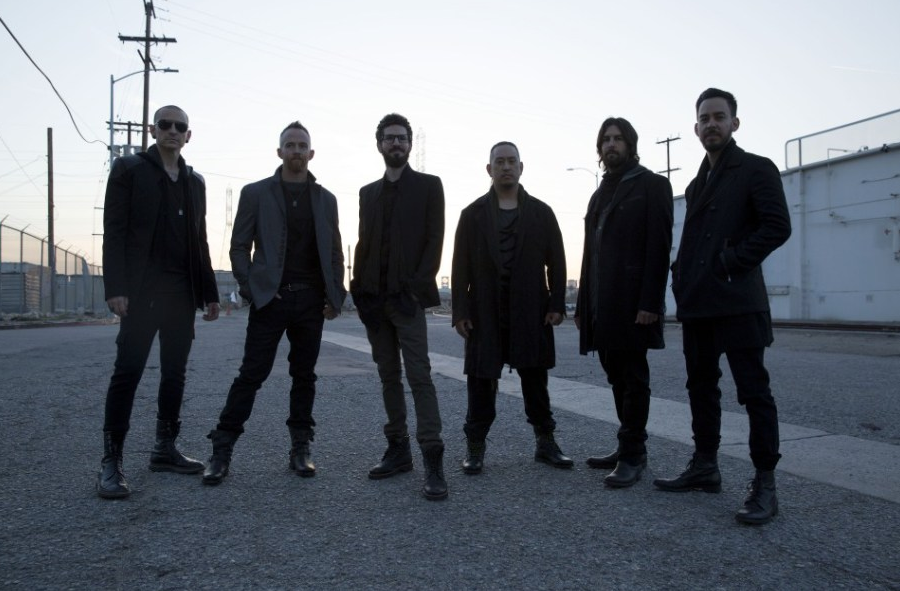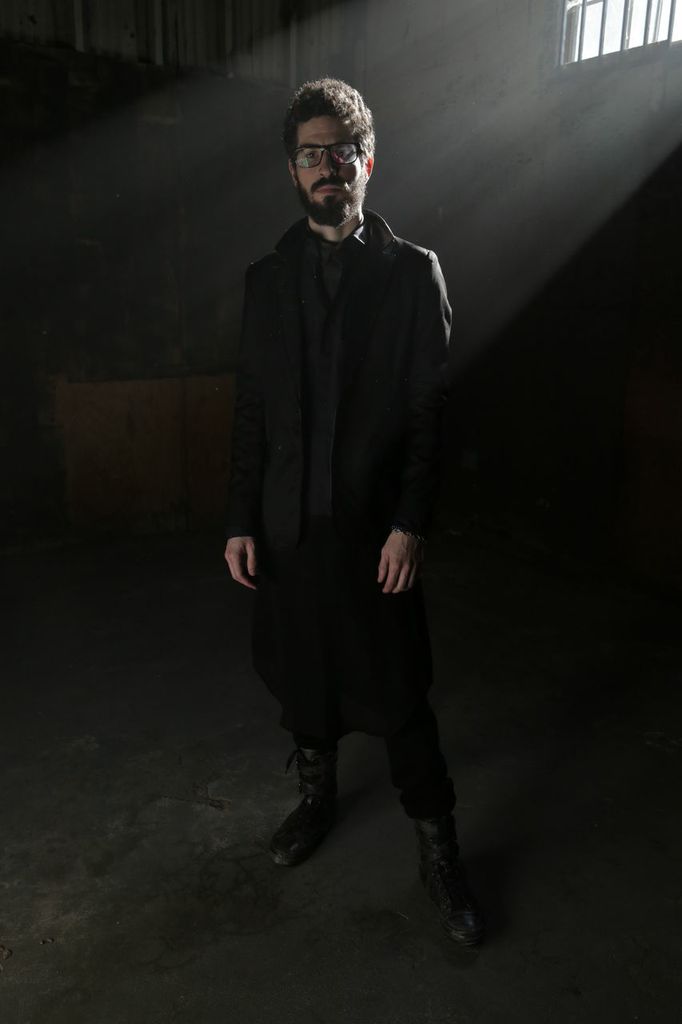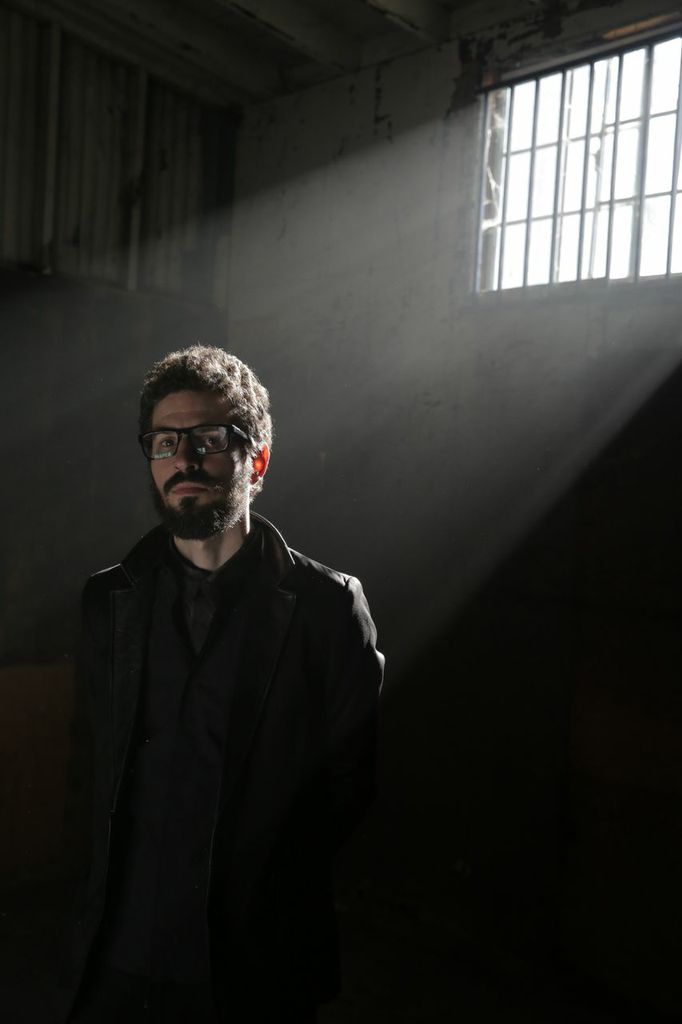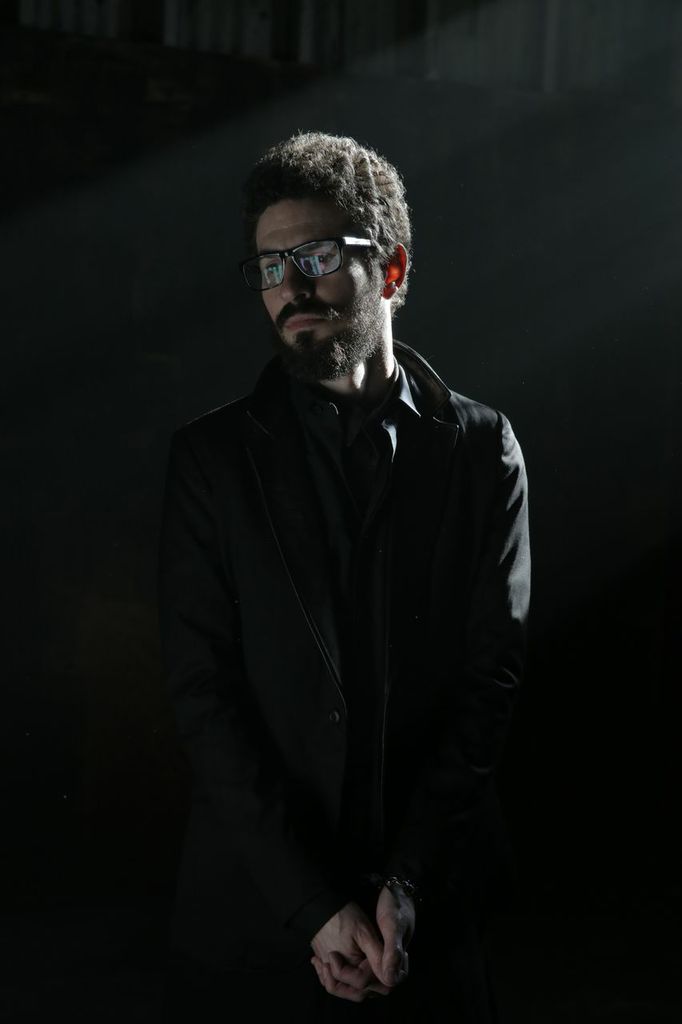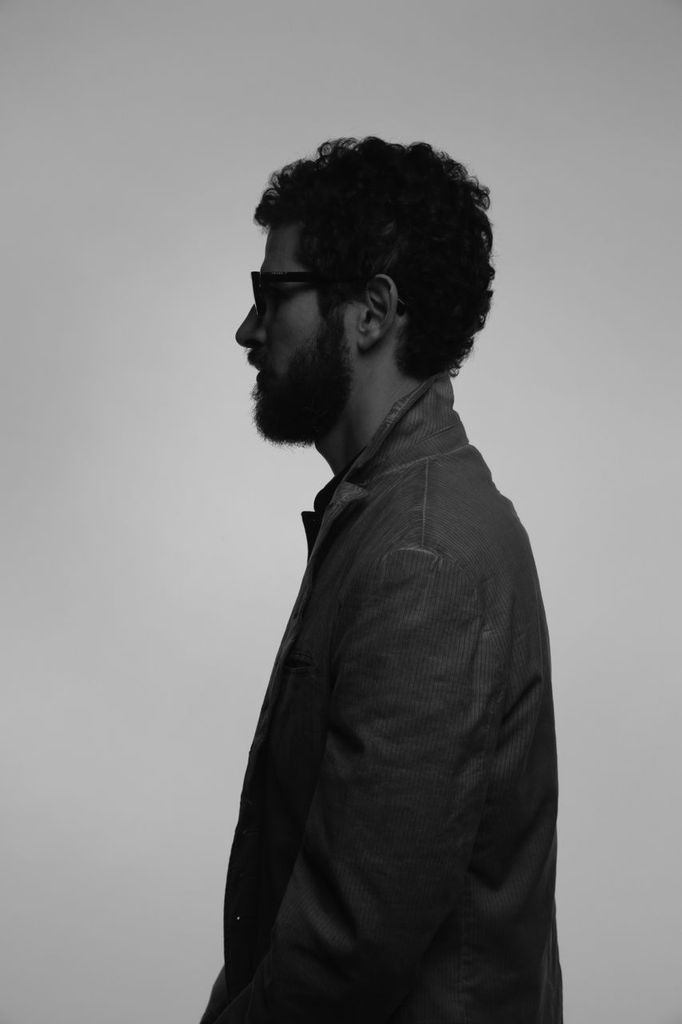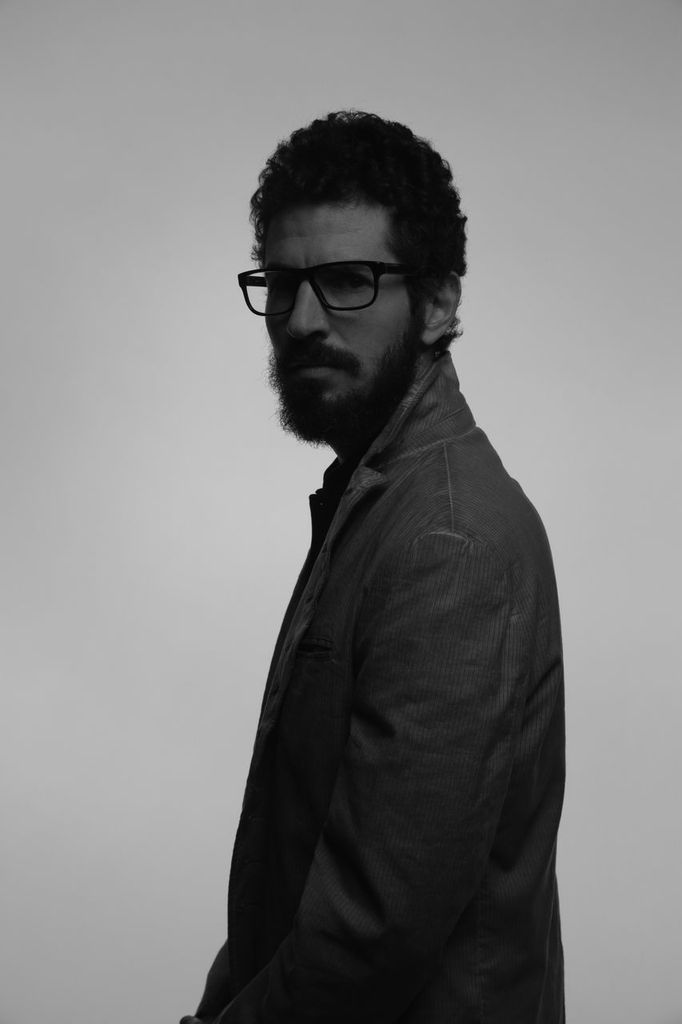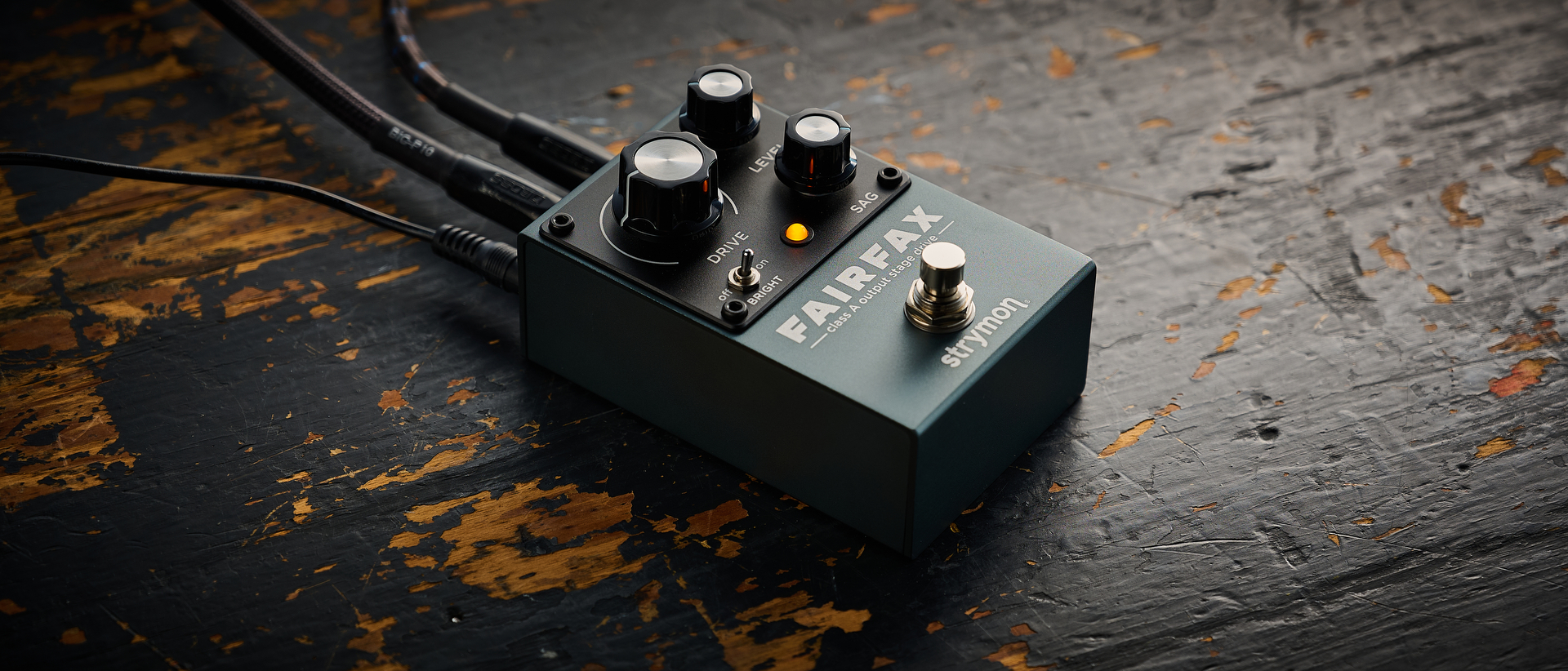Interview: Linkin Park Guitarist Brad Delson Talks New Album, 'The Hunting Party'
All the latest guitar news, interviews, lessons, reviews, deals and more, direct to your inbox!
You are now subscribed
Your newsletter sign-up was successful
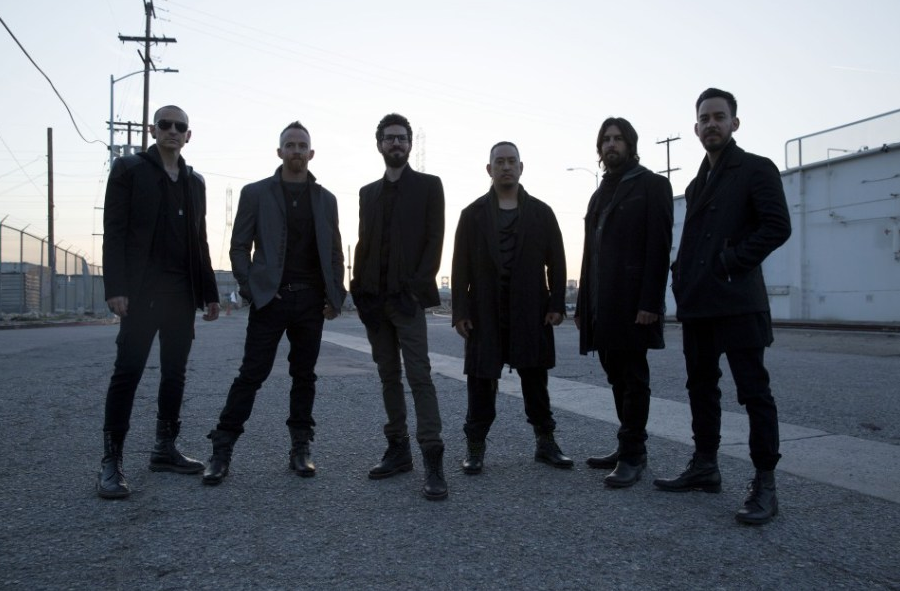
Linkin Park are one of the most successful rock bands of this century. Every one of their studio albums — with the exception of their debut — has gone to Number 1. And even their aforementioned debut, 2000's Hybird Theory, is Diamond certified in the U.S. with 10 million copies sold to date.
Guitarist Brad Delson recently sat down with us to discuss the creative process behind the band's upcoming album, The Hunting Party, which will be released June 17.
GUITAR WORLD: You guys have a great new record coming out, The Hunting Party. Can you talk about how the band wrote the album?
I would say early in the process of creating demos for this record, Mike [Shinoda] had written a bunch of demos that were influenced by music we all love. It had flavors of indie, alternative and electro. As he started to share it with the guys, and we listened through it, he did an about-face and determined the demos he was making sounded derivative to things he was listening to. In his mind, they didn’t feel forward-facing and he threw them all away.
He set a mission for us to try and create an aggressive album that could be rooted in the heavy music we had grown up listening to and progressive in that we want to do things we haven't done. It was a lofty goal. We spent the last eight months in the studio playing in that space and wound up being incredibly inspired. In terms of my role in the process, it really pushed me to get back into the love of playing every single day and driving the writing process through playing guitar.
Any band that has achieved the level you have has to feel the pressure to make a consistent Linkin Park sound and to regurgitate Hybrid Theory. It also has to be hard for any musician to not be turned on by other artists' albums and let that creep into their writing. Do you make a conscious effort to stay away from these types of things while writing?
In terms of expectations, the highest expectations in the studio are always our own. We know we can’t go into a creative process trying to please other people. The only people we commit to pleasing is the six of us. That is hard enough because we all have different tastes. Our process in the studio is sort of trial by fire for the songs. If they pass the muster of all six of our diverse proclivities and expectations, we know we love what we made. That gives us the confidence to share it to the world in the hope that they will connect to it to.
All the latest guitar news, interviews, lessons, reviews, deals and more, direct to your inbox!
To be clear, we are making music because there is a deep personal need to do it as artists. We always want to make something that is great. In terms of process and the direction of the record, we wanted to really channel the inspiration every musician feels when they first start learning their instrument. I used to play guitar three to six hours a day, every day, for the first 10 years. I would go on trips and beg my parents to let me take my guitar.
Eventually I didn’t play guitar six hours every day. In fact, I started to gravitate toward other instruments, and I found that inspiring. For our band, the guitar was still really important but it wasn’t always the driving force as much as it was on the first or certainly this record. I really did rediscover that childlike wonder of loving to play every day. I hope people hear that on the record because it really was a fun record to make.
Was there anything in particular that rekindled your love of playing guitar?
It just happened in like, month two of playing every day. I was doing things I hadn’t done before and I just found it to be really cool. I’ve joked about how many solos are on this record. There is one on almost every song. I typically have not been associated with that. Our first two records, I felt like the music did not warrant solos. We were blending rock with other genres, and the best way to fuse those was not to add certain defining rock elements into the mix.
Everything is always in service of the song. On these songs, it just felt natural to put these solos in everything. Mike would be like, “What do you want to do now?” and I would want to do a solo. There is a solo on “War” where someone asked me if I wrote the parts. I don’t think I’m talented enough to write them. They are just an exuberant expression of the song.
Are there any particular soloists you enjoy?
There are so many great bands that do that well. Obviously, from Led Zeppelin, Nirvana to Guns N' Roses, Metallica, Smashing Pumpkins, Alice In Chains ... there are so many bands that do it well. We are fortunate enough to be doing what we do for a while now, and one of the responsibilities is not to be derivative of ourselves. We are almost hypersensitive to doing anything formulaic. Our goal is to constantly subvert formula where the listener doesn’t know what is coming next. That was certainly front and center on this record. There is a progressive nature to not just getting sounds but structurally.
What gear did you use on the record?
I use PRS live and in the studio. I used a Fender Strat that was built by their custom shop that is a reissue. I used a Gibson SG. We had a wide array of one-off guitars that we used, but the body of the record was mostly the Strat, PRS and SG. On some of the really heavy stuff, the Strat winds up giving you that trashy kind of unique tone we wanted.
What are Linkin Park's touring plans for this album?
For 2014, we have our European festival run starting in June. Then we have Carnivores with that AFI and 30 Seconds To Mars. Then we plan on having more dates in the States later in the year and into 2015.
